
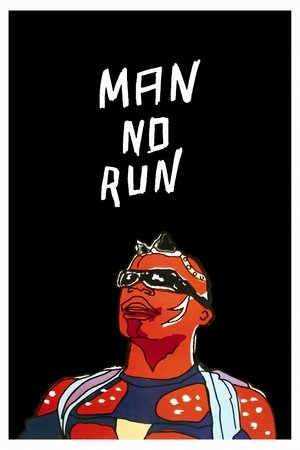
Man No Run(1989)
The film takes the form of a documentary report in which the director Claire Denis follows Les Têtes Brulées, a group of five musicians from Yaoundé in Cameroon, as they tour France.
Movie: Man No Run

Man No Run
HomePage
Overview
The film takes the form of a documentary report in which the director Claire Denis follows Les Têtes Brulées, a group of five musicians from Yaoundé in Cameroon, as they tour France.
Release Date
1989-09-09
Average
0
Rating:
0.0 startsTagline
Genres
Languages:
FrançaisKeywords
Similar Movies
 7.4
7.4Carmen Miranda: Bananas Is My Business(pt)
A biography of the Portuguese-born Brazilian singer Carmen Miranda, whose most distinctive feature was her tutti-frutti hat. From her arrival in the US as the "Brazilian Bombshell" to her Broadway career and Hollywood stardom in the 1940s.
 0.0
0.0Touched(en)
The alien abduction phenomenon, told by those who experienced it, with the weight of a Pulitzer Prize-winning Harvard psychiatrist at their back.
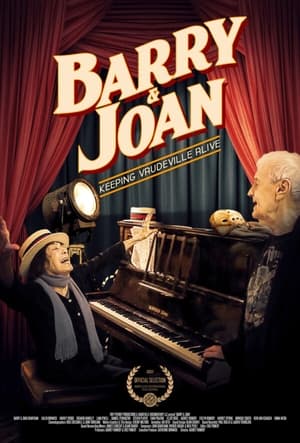 0.0
0.0Barry & Joan(en)
A joyful insight into the creative world of Barry and Joan Grantham, two British eccentrics who have kept the skills of vaudeville alive for over seventy years. Since becoming stage-struck lovers in 1948, Barry and Joan have taught, danced and acted alongside the greats of British film and theatre. They are the last of the golden generation of vaudeville, eager to pass their legacy on to future generations.
 6.0
6.0Killing the Colorado(en)
The drought in the American West is predicted to be the worst in 1,000 years. Join five Academy Award-winning filmmakers as they explore the environmental crisis of our time and how to fix it before it's too late.
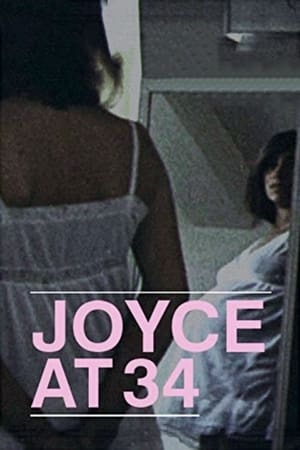 6.4
6.4Joyce at 34(en)
After giving birth, Joyce attempts to regain her position as a filmmaker while also caring for her new baby. The changes to both her and her husband’s professional lives are remarkable and frustrating. The new parents love the baby but must recognize the limitations she puts on their careers.
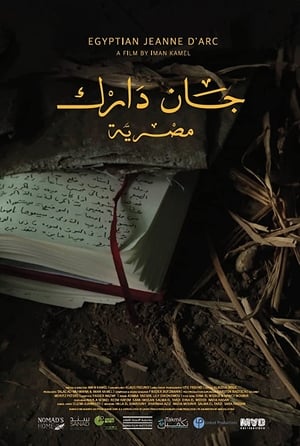 5.0
5.0Egyptian Joan of Arc(ar)
Egyptian Jeanne d’Arc’ is a creative documentary that explores issues of female emancipation in ‘post post-revolutionary’ Egypt. Beginning with the return journey to Cairo of a filmmaker long absent from her own country, the film weaves a series of intimate portraits composed of interviews, poetic voice-over and dance; exploring themes of oppression, guilt and faith with Egyptian women, many of them artists. Reflecting on Carl Theodor Dreyer’s 1928 film ‘The Passion of Joan of Arc’ – in which the female figure is martyred by the patriarchal forces surrounding her – ‘Jeanne’ is a contemporary commentary that melds documentary and dance with poetic storytelling and myth to arrive at the core of the filmmaker’s enquiries into the circumstances of women in Egypt today.
Teatro Amazonas(en)
Teatro Amazonas is an elaborate, intriguing formalist experiment investigating the cinematic gaze and cultural exchange, and offering an unconventional ethnographic record of its Amazonian subjects engaged (and disengaged) in the act of spectatorship.
 6.8
6.8Pitch Perfect 2(en)
The Bellas are back, and they are better than ever. After being humiliated in front of none other than the President of the United States of America, the Bellas are taken out of the Aca-Circuit. In order to clear their name, and regain their status, the Bellas take on a seemingly impossible task: winning an international competition no American team has ever won. In order to accomplish this monumental task, they need to strengthen the bonds of friendship and sisterhood and blow away the competition with their amazing aca-magic! With all new friends and old rivals tagging along for the trip, the Bellas can hopefully accomplish their dreams.
 0.0
0.0Laila(en)
Laila Paattinen is a working woman. Tired of low-paying jobs, she completed a five-month course in dry-wall installation. Because she had chosen a non-traditional job for women, she ran into resistance in the marketplace. She finally solved her problems by opening her own dry-wall application business. A useful film for women seeking non-traditional jobs.
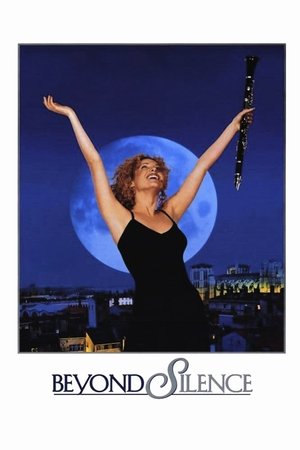 6.9
6.9Beyond Silence(de)
Beyond Silence is about a family and a young girl’s coming of age story. This German film looks into the lives of the deaf and at a story about the love for music. A girl who has always had to translate speech into sign language for her deaf parents yet when her love for playing music grows strong she must decide to continue doing something she cannot share with her parents.
 5.9
5.9Bollywood/Hollywood(en)
Rahul Seth is a dashing young millionaire who believes he is "western" enough to rebel against his mother and grandmother. They are not too keen about his Caucasian girlfriend Kimberly who, to make matters worse, is a pop star. Before you can say "karmic intervention," Kimberly dies in a freak accident and Rahul is devastated. Instead of allowing him to mourn in peace, Rahul's mother sees the opportunity she's been waiting for. She threatens to call off his sister's wedding unless he finds himself a "nice Indian girl." Rahul enlists the services of Sue, a fiercely independent escort whom he believes to be Hispanic, and therefore not "married" to the conventions taught to young Indian women. With a wink in her eye, Sue accepts the deal to pose as his Indian bride-to-be. She needs the money and having never been a fan of the typical Indian male, she feels her heart is safe. The charade begins....
 6.5
6.5Time Being(en)
Gunvor Nelson stares intently at her mother Carin, a woman whose body has been devastated by the challenges of her last days on this earth. In three astute shots, Nelson looks with honesty rather than awe at a woman whose spirit has somehow flown away but whose body still demands a share of our time and our space.
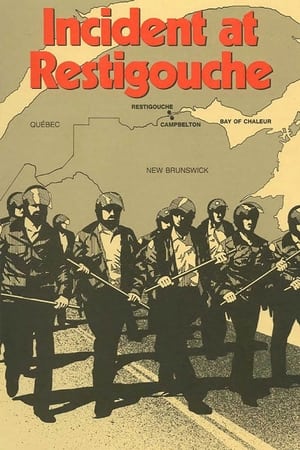 7.5
7.5Incident at Restigouche(fr)
Incident at Restigouche is a 1984 documentary film by Alanis Obomsawin, chronicling a series of two raids on the Listuguj Mi'gmaq First Nation (Restigouche) by the Sûreté du Québec in 1981, as part of the efforts of the Quebec government to impose new restrictions on Native salmon fishermen. Incident at Restigouche delves into the history behind the Quebec Provincial Police (QPP) raids on the Restigouche Reserve on June 11 and 20, 1981. The Quebec government had decided to restrict fishing, resulting in anger among the Micmac Indians as salmon was traditionally an important source of food and income. Using a combination of documents, news clips, photographs and interviews, this powerful film provides an in-depth investigation into the history-making raids that put justice on trial.
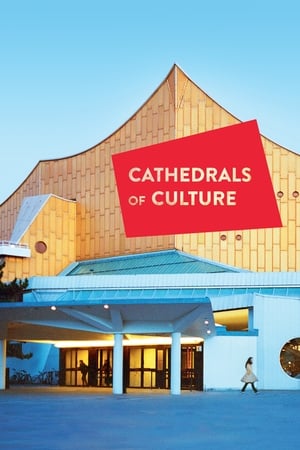 5.7
5.7Cathedrals of Culture(en)
"If buildings could talk, what would they say about us?" CATHEDRALS OF CULTURE offers six startling responses. This 3D film project about the soul of buildings allows six iconic and very different buildings to speak for themselves, examining human life from the unblinking perspective of a manmade structure. Six acclaimed filmmakers bring their own visual style and artistic approach to the project. Buildings, they show us, are material manifestations of human thought and action: the Berlin Philharmonic, an icon of modernity; the National Library of Russia, a kingdom of thoughts; Halden Prison, the world's most humane prison; the Salk Institute, an institute for breakthrough science; the Oslo Opera House, a futuristic symbiosis of art and life; and the Centre Pompidou, a modern culture machine. CATHEDRALS OF CULTURE explores how each of these landmarks reflects our culture and guards our collective memory.
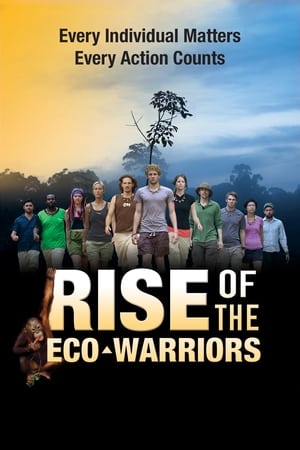 0.0
0.0Rise of the Eco-Warriors(en)
A group of passionate young environmentalists spend 100 days in the jungles of Borneo in effort to save the rainforests and its endangered orangutans in this Australian documentary...
 7.6
7.6Don't Hug Me I'm Scared 2(en)
Step back into the imaginative and frankly terrifying world of Becky & Joe with Don’t Hug Me I’m Scared. In this episode: Some things change over Time.
 6.8
6.8Jakub(cs)
Jakub presents an extensive ethnographical-sociological study of the life of the Ruthenians, filmed in the Maramuresh mountains in the north of Romania and in the former Sudetenland in Western Bohemia. The film was made over a period of five years during the time of both totalitarian regimes and was completed in 1992 after the revolution.
 6.7
6.7The 11th Hour(en)
A look at the state of the global environment including visionary and practical solutions for restoring the planet's ecosystems. Featuring ongoing dialogues of experts from all over the world, including former Soviet Prime Minister Mikhail Gorbachev, renowned scientist Stephen Hawking, former head of the CIA R. James Woolse
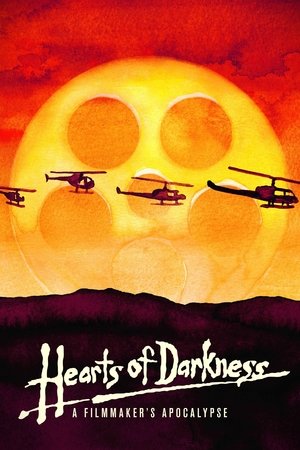 7.9
7.9Hearts of Darkness: A Filmmaker's Apocalypse(en)
A chronicle of the production problems — including bad weather, actors' health, war near the filming locations, and more — which plagued the filming of Apocalypse Now, increasing costs and nearly destroying the life and career of Francis Ford Coppola.
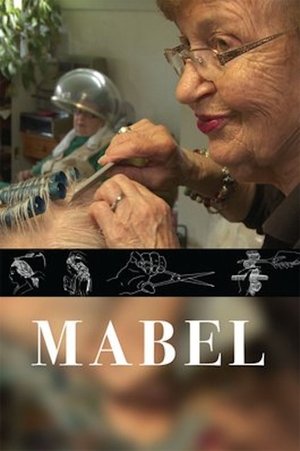 0.0
0.0Mabel(en)
Feisty, fiercely independent and firmly rooted in place, 90 year-old Mabel Robinson broke barriers back in the 40s when she became the first woman in Hubbards, Nova Scotia, to launch her own business—a hairdressing salon where she still provides shampoo-n-sets over 70 years later. Weaving animation and archival imagery with intimate and laugh out loud moments in the salon, the film celebrates the power of friendship, doing what you love and staying active. With no desire to retire anytime soon, Mabel gives voice to a generation who are not front and center of cinema or the pop hairstyles of the day, and subtly shifts the lens on our perception of beauty and the elderly.